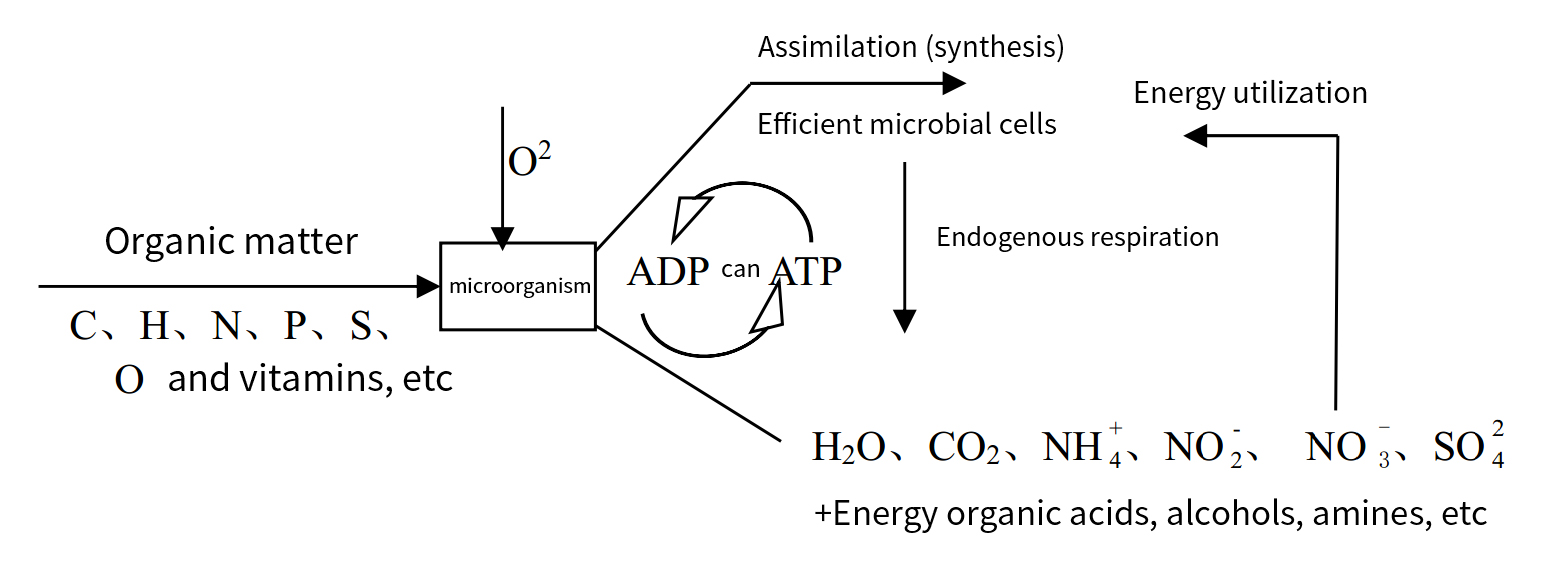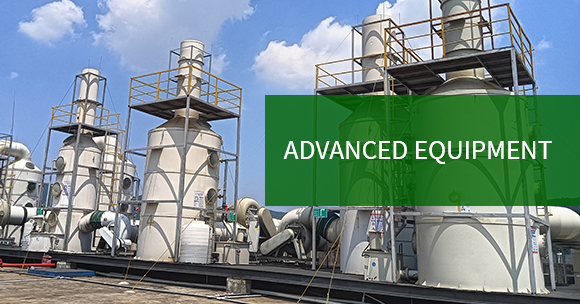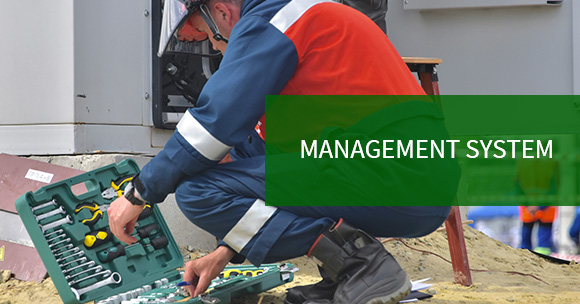

VOCs, also known as volatile organic compounds, refer to organic compounds with a saturated vapor pressure greater than 133.32 Pa and a boiling point below 50-260 ℃ at room temperature. A simple understanding of organic compounds that are liquid and volatile at room temperature. Most VOCs have discomforting special odors, are toxic, irritating, teratogenic, and carcinogenic, and are important precursors to urban haze and photochemical smog<
Biopurification technology utilizes microorganisms to biodegrade waste gas, causing pollutants to decompose and transform into harmless or less harmful substances. Microorganisms use organic matter as the substrate for their growth and reproduction, and through different transformation pathways, large molecules or structurally complex organic matter are ultimately oxidized and decomposed into simple inorganic substances such as water and carbon dioxide. At the same time, through assimilation and utilization of the energy generated during the alienation process, microbial organisms grow and reproduce, creating favorable conditions for further enhancing their ability to treat organic matter.
Principles of Biological Law

Standardized service process
A standardized service process can ensure the stability and reliability of service quality and reduce the impact of human factors in services. Enterprises can ensure that customers receive a consistent high-quality service experience through standardized operations and process optimization.
Convenient service channels
Enterprises can provide services through various channels, including online consultation, telephone consultation, on-site service, etc., to provide customers with diversified choices and improve service coverage.
Personalized service customization
Enterprises can provide personalized service customization based on customer needs, including solution design, project implementation, after-sales service, etc., to provide more customer-oriented service solutions.
Professional technical skills
Enterprises continuously improve their technical and professional skills, enhance their industry adaptability and implementation capabilities, and ensure that customers receive efficient, professional, and stable quality service processes.
Rigorous quality control
By implementing strict quality control processes and standards, enterprises ensure high standards and reliability of service quality throughout the entire process from design, implementation, delivery to after-sales.
Continuous improvement management approach
Through continuous innovation in management ideas and operational methods, enterprises continuously explore and improve service content and processes, respond to market changes and changes in customer demand, and provide better service quality.




